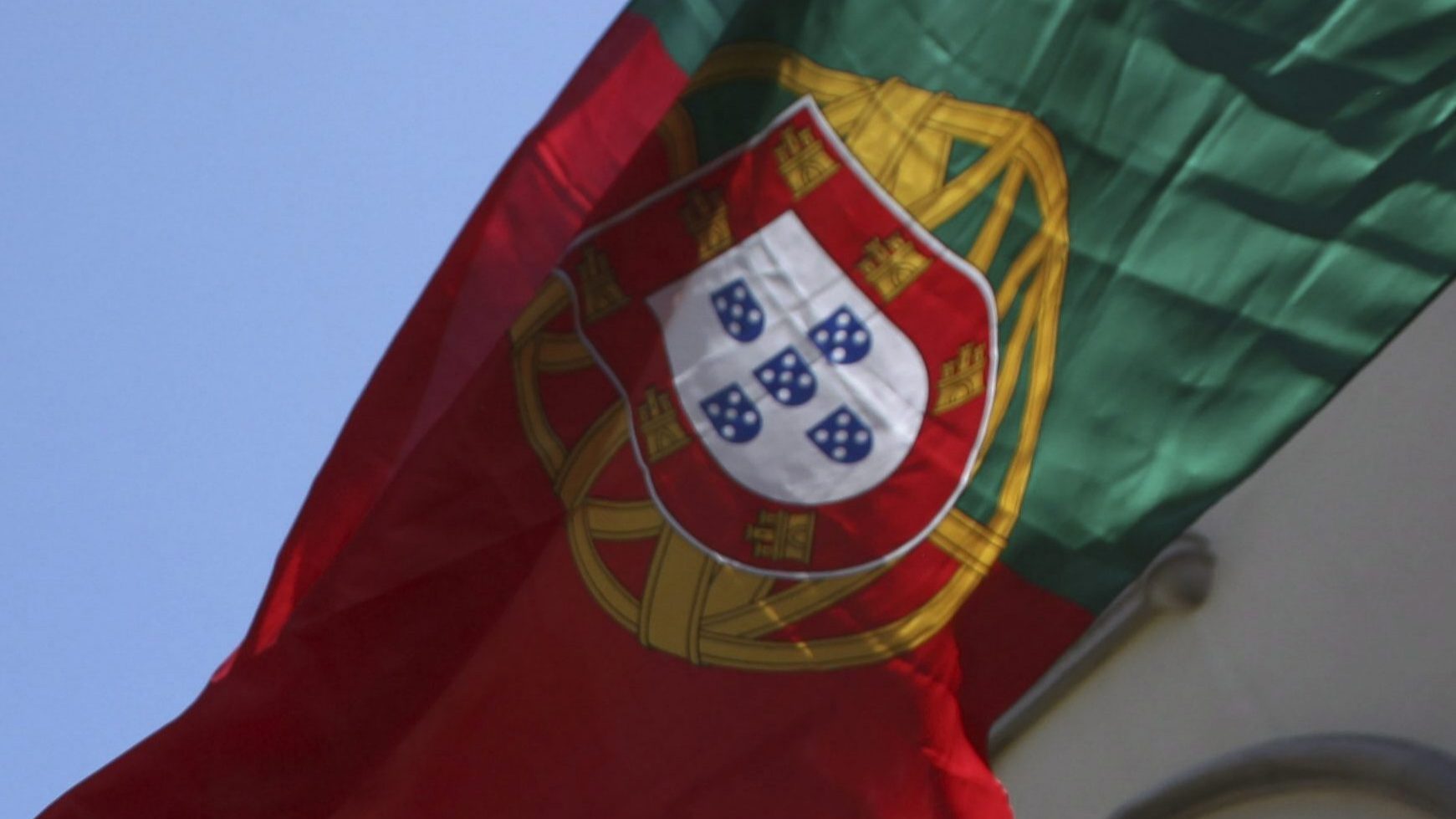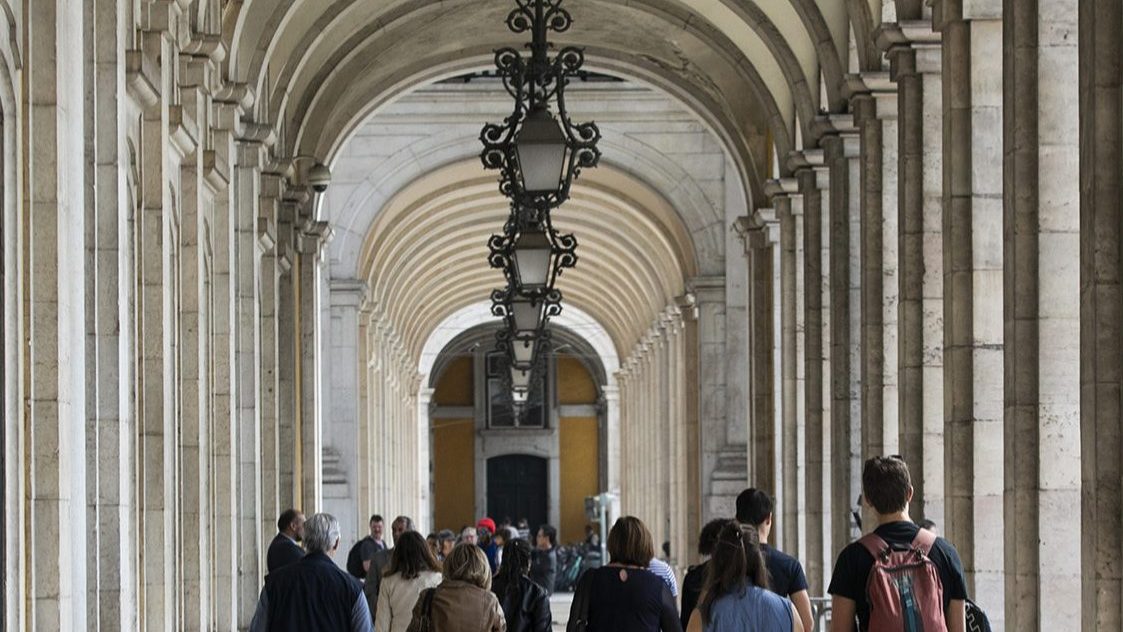Lisbon Jewish community continues handling Sephardic nationality cases
The Lisbon Jewish Community (CIL) has confirmed that it will continue the process of certifying descendants of Sephardic Jews.
The Lisbon Jewish Community (CIL) has confirmed that it will continue the process of certifying descendants of Sephardic Jews for the purposes of a law under which they can secure Portuguese nationality, despite the criminal investigation into alleged irregularities on the part of the Jewish Community of Porto (CIP) in the naturalisation of Roman Abramovich.
Stressing the CIL’s “total autonomy” from the CIP and the absence of formal links between the two bodies – which are the only ones entitled by the Portuguese state to certify descent from a Sephardic community of Portuguese origin for the attribution of Portuguese nationality under the 2015 law, José Ruah, a member of the CIL board, told Lusa in an interview that the community has an interpretation of the law “that seems to be the most correct” as a basis for action, and that it would “neither suspend nor terminate” its role.
“The CIL will continue its mission, under the law, with the same rigour and professionalism as always,” said Ruah, who said that he was awaiting the new regulations for the implementation of the law, following their promulgation by Portugal’s president, Marcelo Rebelo de Sousa, on March 9.
The government’s approval of the changes was only publicly announced on Wednesday and they have yet to be published in the state gazette.
In the interview with Lusa, Ruah stressed that the CIL does not take into account the current religion of the applicant, and thus also certifies non-Jews so long as they have documents that prove the tradition of belonging to a Sephardic community of Portuguese origin. He also reiterated that the procedures “fully comply with the letter and spirit of the law and its regulation” given a “rigorous analysis” by historians and genealogists.
This, he said, contrasts with the CIP, whose rabbi, Daniel Litvak – detained on March 10 by the Judicial Police (PJ) and now barred from leaving the country and ordered to report periodically to the autorities, as part of an investigation into suspected corruption, falsification of documents, money laundering, qualified tax fraud and criminal association – only certified current Jews.
The Porto community has certified the vast bulk of the successful applicants for Portuguese nationality under the 2015 law, but has now suspended its role in the process.
Ruah highlighted the procedures followed in Lisbon, where the community’s religious leader is not even involved in certification, with historians instead to the fore.
“The rabbi [of the CIL] simply does not intervene at any stage in any process of issuing certificates and under no circumstances,” stressed Ruah. “The certificate … is issued after exhaustive verification of documentary evidence, be it primary or secondary sources. This is an analysis carried out by qualified professionals.
“After concluding the analysis, and [based] upon the opinion of these professionals, the community board validates issuance” of the certificate, Ruah explained.
According to Ruah, all files submitted to the CIL are “subject to verification mechanisms and internal control” and “the person who verifies the conformity requirements of the file is not the same person who materially analyses the file.
“The demonstration of descent is irreplaceable for the issue of a certificate,” he went on. “Either the applicant demonstrates that he is a descendant of a Sephardic Jew – and the CIL services validate this claim – or he does not receive the certificate. “It is not enough to be a descendant of a Sephardic Jew to receive a certificate: you need to demonstrate, to prove it.”
Ruah acknowledged the “significant social impact” on Jewish communities in Portugal of the situation surrounding the naturalisation of Russian oligarch Roman Abramovich, which he said has fuelled “suspicion and mistrust”.
Faced with the prospect of a deadline for applications under the National Law for Sephardic Jews, as as been imposed in Spain – where applicants were only welcomed between 2015 and 2019 – Ruah argued that it is “fully justified” to have an open-ended law.
“It is not because there is a time window that the descendants of Sephardic Jews cease to be Jews,” he said. “The law only makes sense if it is timeless, or at the limit, has a long term, of at least one generation.
“This law is not about investment in Portugal or encouraging the purchase of homes,” he went on, in a reference to the separate “golden visa” residence permit for large-scale foreign investors. “It is not because you have a house here that a descendant of a Sephardic Jew is more or less a descendant of a Sephardic Jew.”
Between March 1 2015 and December 31 2021, a total of 56,685 people were naturalised as descendants of Sephardic Jews, out of a total of 137,087 requests received by the Institute of Registration and Notary (IRN).
According to data sent to Lusa in February by the Ministry of Justice, only 300 cases have been rejected during this period, meaning that at the end of last year there were 80,102 applications pending.


